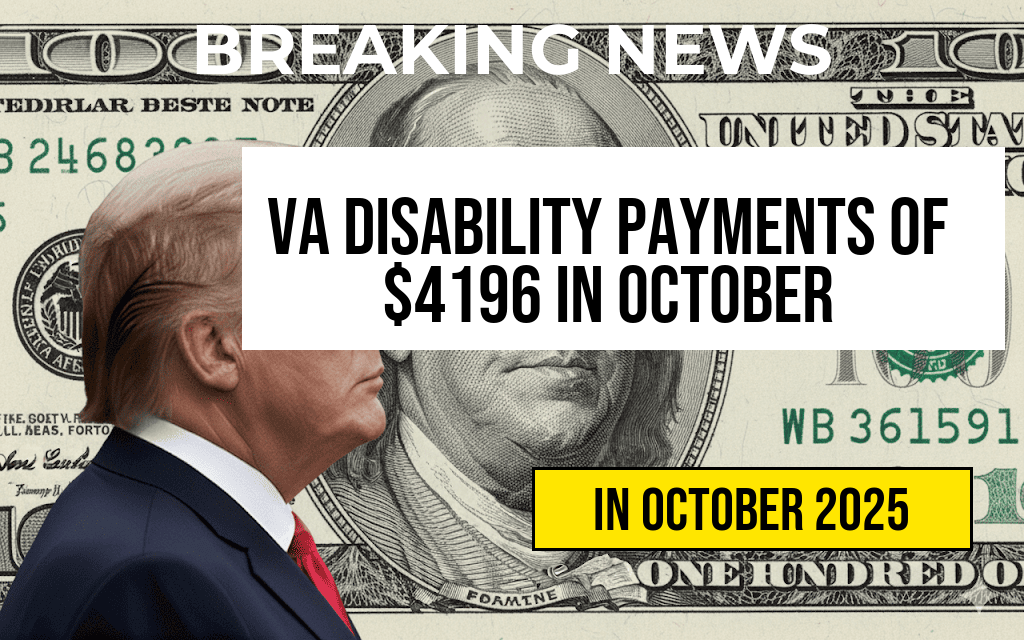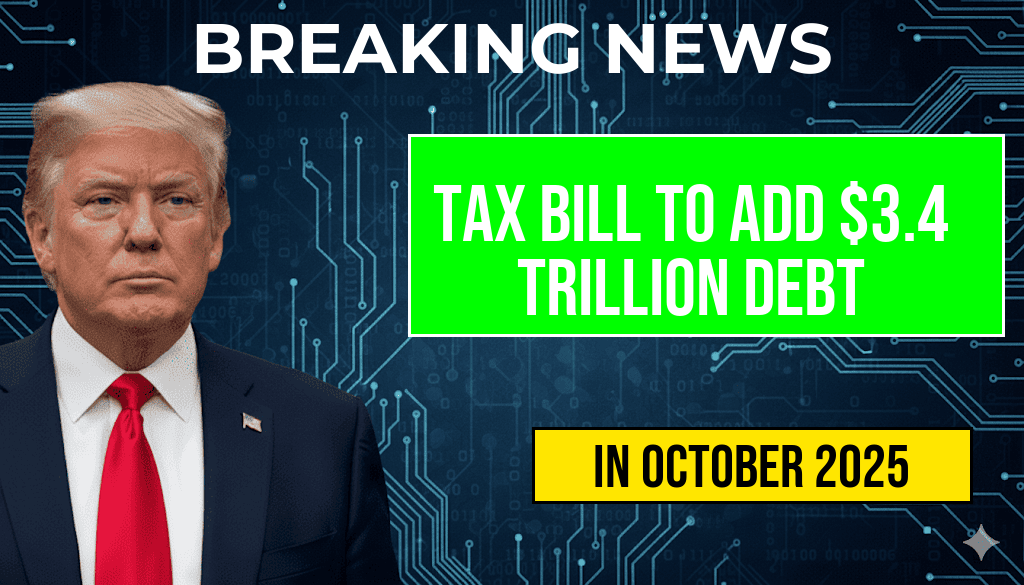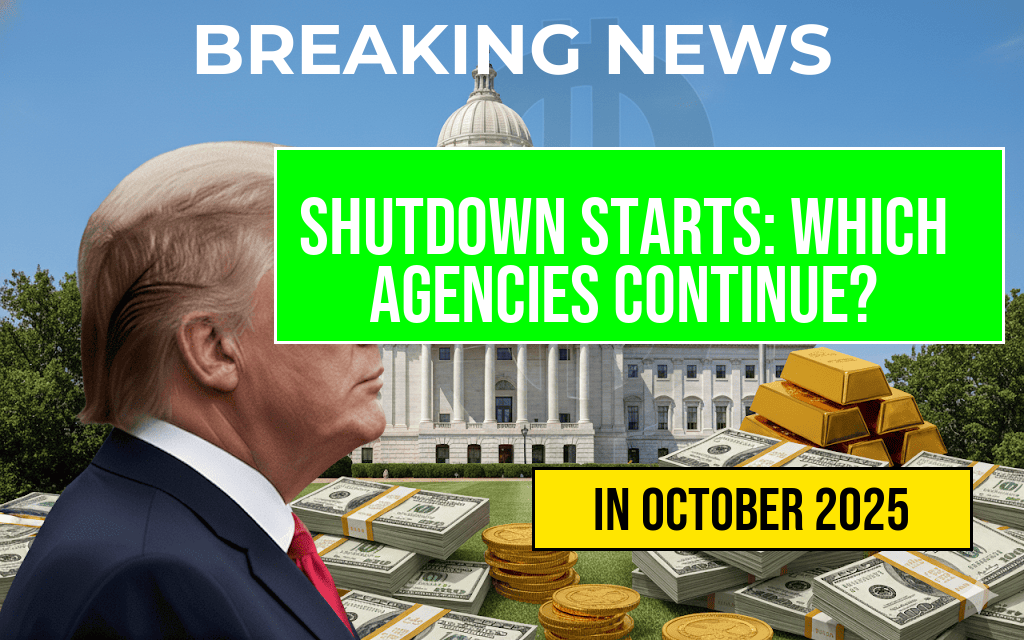The proposed legislation dubbed the “One Big Beautiful Bill” has ignited concern among fiscal analysts and taxpayers alike, as preliminary estimates suggest it could inflate the national deficit by approximately $3.4 trillion over the next decade. Advocates tout the bill as a comprehensive measure aimed at boosting economic growth and expanding social programs, but critics warn that its funding mechanisms are either insufficient or overly optimistic, raising questions about the long-term fiscal sustainability of such a significant expansion. As lawmakers debate the bill’s provisions, the potential impact on federal borrowing, interest payments, and national debt levels is becoming a focal point for policymakers and watchdog groups alike.
Understanding the Scope of the “One Big Beautiful Bill”
The legislation, introduced by a coalition of lawmakers from both parties, encompasses a broad array of initiatives including tax cuts, infrastructure investments, healthcare reforms, and expanded social safety nets. According to legislative summaries, the bill proposes $1.8 trillion in new spending over ten years, primarily aimed at upgrading transportation systems, modernizing healthcare delivery, and providing targeted support to low-income families.
However, the bill also features a series of tax incentives and modifications expected to generate economic growth—projected by proponents to offset some of the increased spending. These include expanded child tax credits, renewable energy incentives, and corporate tax reductions. Nonetheless, independent analysts warn that these revenue projections are optimistic at best, and may not materialize as expected.
Projected Impact on the Federal Deficit
| Component | Estimated Cost / Savings | Net Effect |
|---|---|---|
| Spending Increases | $1.8 trillion | +$3.4 trillion |
| Revenue Enhancements | $0.4 trillion (projected) | |
| Net Deficit Increase | $3.4 trillion |
The estimates, compiled by independent fiscal watchdogs, suggest that even with expected revenue increases, the net effect of the bill would be a substantial rise in the national deficit. The Congressional Budget Office (CBO) has yet to release its official analysis, but early reports indicate concern over the bill’s fiscal implications.
Economic Growth Assumptions Underlying the Bill
Proponents argue that the bill’s investments will catalyze economic expansion, increasing tax revenues in the long term. They cite models predicting a 0.5% to 1% boost in annual GDP growth, which they claim will help offset the initial costs. Nevertheless, critics question the realism of these assumptions, pointing to historical instances where similar large-scale spending did not generate anticipated growth or revenue gains.
Potential Risks and Long-Term Consequences
- Increased Borrowing: To finance the deficit increase, the government would need to issue additional debt, potentially pushing the debt-to-GDP ratio higher.
- Higher Interest Payments: Elevated debt levels could lead to increased interest costs, diverting funds from other priorities.
- Inflationary Pressures: Large-scale spending coupled with expansive monetary policies might elevate inflation, impacting consumers and businesses.
Political and Public Response
The bill has sparked a polarized response in Congress, with Democrats emphasizing the need for investment in infrastructure and social programs, while Republicans largely express skepticism over the bill’s cost and fiscal prudence. Several lawmakers have voiced concern that the proposed funding mechanisms lack sufficient detail or rely on overly optimistic revenue forecasts. Federal budget experts warn that such a large increase in the deficit could have lasting repercussions if not managed carefully.
Broader Implications for Fiscal Policy
The debate surrounding the “One Big Beautiful Bill” underscores ongoing tensions between economic growth initiatives and fiscal responsibility. As the nation grapples with high levels of existing debt, the proposed legislation raises fundamental questions about the appropriate balance between investing in future prosperity and maintaining fiscal discipline. The outcome of this legislative process could shape the federal government’s approach to budget management for years to come.
For taxpayers and policymakers alike, the primary concern remains: how will this bill influence the nation’s financial stability, and what measures will be taken to ensure that the increased deficit does not lead to adverse economic consequences? As discussions unfold, the coming weeks will be critical in determining whether the bill moves forward in its current form or undergoes significant revisions to address fiscal concerns.
Frequently Asked Questions
What is the main concern regarding the “One Big Beautiful Bill”?
The primary concern is that the bill will increase the national deficit by three point four trillion dollars, potentially impacting the country’s fiscal stability.
How does the bill affect the country’s fiscal health?
The bill is projected to significantly increase the deficit, which may lead to higher public debt and impact future government spending and economic stability.
Who is warning about the potential financial impact of the bill?
Taxpayer advocacy groups and fiscal analysts are warning that the bill could have serious long-term financial consequences due to the projected deficit increase.
What are the potential economic risks associated with this bill?
The increase in the deficit could lead to higher interest rates, inflation, and reduced economic growth over time.
Are there any suggested alternatives to the bill to address fiscal concerns?
Experts recommend exploring cost-cutting measures and tax reforms that do not significantly increase the deficit to ensure fiscal sustainability.










